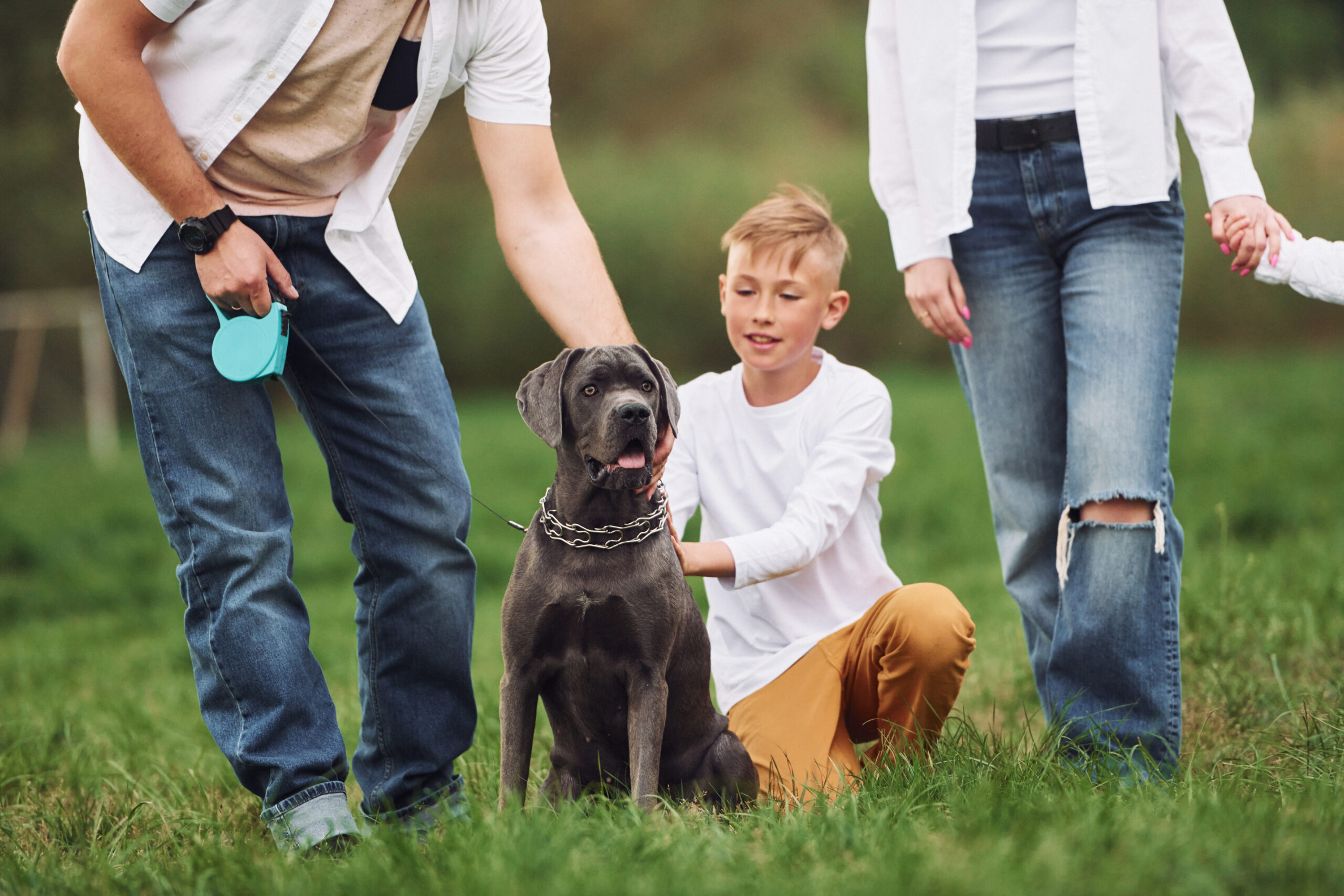






Before you bring home your dog, it’s important to understand the legal space surrounding dog ownership in general and protection dogs in particular. Sure, these highly trained canines offer a unique form of security, but they also have significant legal implications.
From liability concerns to specific local regulations, the rules and regulations that come with owning protection dogs are complex and often challenging to navigate.
We’ll provide you with a comprehensive overview of the laws associated with protection dog ownership. Let’s jump right into it.
First, let’s cover the basics that apply to all dog owners:
In most areas, you’re required to license your dog. This typically costs between $10 to $20 annually, though fees may be higher for unaltered dogs.
Failure to license can result in fines, and importantly, licensed dogs are more easily returned if they’re ever impounded.
Keeping your dog up-to-date on vaccinations isn’t just good for their health—it’s often required by law.
Rabies vaccines, in particular, are mandated in most jurisdictions.
Many localities have laws encouraging or requiring the sterilization of pets.
This might include:
These laws aim to combat pet overpopulation and reduce the number of stray animals, which can pose public health and safety risks.
Now, let’s delve into the legal aspects specific to owning a protection dog:

Research your local laws before acquiring a protection dog to ensure your chosen breed is permitted.
Owning a protection dog significantly increases your liability risk. Many homeowners’ insurance policies exclude coverage for certain breeds or dogs trained for protection.
You may need to:
Protection dogs must adhere to local leash laws like any other dog. However, given their training, you may face stricter scrutiny.
Ensure you have solid containment measures at home, such as secure fencing, to prevent escapes.
While not always legally required, having your protection dog professionally trained and certified can provide legal protection if incidents occur.
It demonstrates your commitment to responsible ownership.
In some jurisdictions, posting “Beware of Dog” signs is required if you have a potentially dangerous dog on your property.
For protection dog owners, these signs serve a dual purpose:
However, be aware that in some legal interpretations, these signs could be seen as an admission that you know your dog might be dangerous, potentially increasing your liability.
Some states have specific laws regarding “attack dogs” or dogs trained for protection. For example, California Penal Code 399.5 makes it a crime to own a dog trained to fight, attack, or kill if the owner fails to exercise ordinary care and the dog causes injury.
Understanding “ordinary care” is crucial.
It typically means taking reasonable precautions to prevent your dog from harming others, such as:
Many states have “strict liability” dog bite laws. This means that if your protection dog bites someone, you could be held liable regardless of whether you were negligent or knew the dog might bite.
Given a protection dog’s training, you could face heightened scrutiny in these cases.

They do not have the same public access rights as service dogs, even if they provide a sense of security for individuals with anxiety or PTSD.
If you plan to travel with your protection dog, be aware that laws vary not just by state but sometimes by county or city.
Research your destination’s laws before traveling, and consider leaving your protection dog with a qualified caregiver if the legal space is unfavorable.
Many jurisdictions have laws regarding “dangerous” or “vicious” dogs. While these typically apply to dogs with a history of aggression, a protection dog’s training could potentially classify them under these laws even without an incident.
Understand your local laws and how they might apply to your protection dog.
To mitigate legal risks associated with owning a protection dog:
That’s exactly what you need to know to stay on the right side of the law while keeping yourself and your community safe.
Stay informed and protected with Vanguard Protection Dogs! Contact us today to learn more about owning a trained protection dog responsibly and safely.
Let us help you navigate the legal side of protection dog ownership.